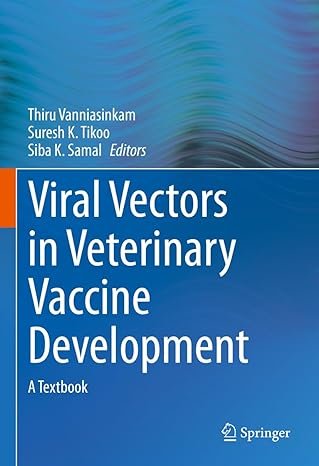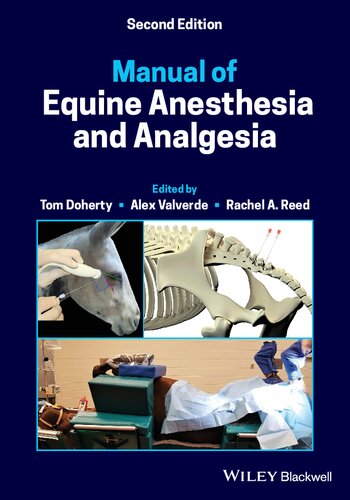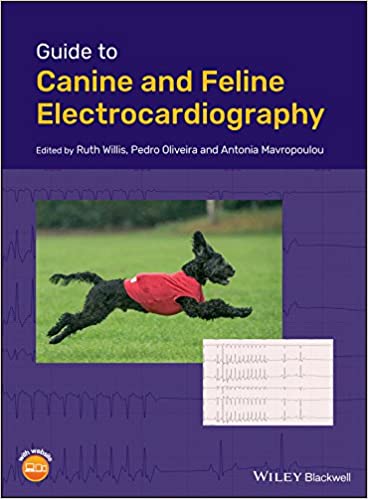Viral Vectors in Veterinary Vaccine Development: A Textbook
Viral vectors are revolutionizing the field of veterinary vaccinology, offering innovative and effective approaches to disease prevention in animals. Viral Vectors in Veterinary Vaccine Development: A Textbook provides a comprehensive overview of the science, technology, and application of viral vector-based vaccines for livestock, companion animals, poultry, and wildlife.
This textbook explores the molecular biology of viral vectors, their role in stimulating immune responses, and their application in designing safe, effective, and next-generation veterinary vaccines. Written by leading experts, it bridges the gap between fundamental immunology and practical veterinary applications, making it an essential reference for students, researchers, veterinarians, and professionals in the animal health industry.
Key Features
-
Foundations of Viral Vector Technology – Covers adenoviruses, poxviruses, lentiviruses, alphaviruses, and other viral vectors used in veterinary vaccine design.
-
Immune Mechanisms – Explains how viral vectors stimulate innate and adaptive immune responses in different animal species.
-
Practical Applications – Discusses veterinary viral vector vaccines against rabies, avian influenza, Newcastle disease, foot-and-mouth disease, and other infectious diseases.
-
Safety and Regulation – Provides insights into biosafety, ethical concerns, and regulatory approval pathways.
-
Future Directions – Explores emerging tools such as mRNA-vector combinations, nanoparticle delivery, and personalized vaccines in veterinary medicine.





